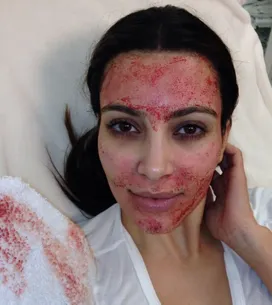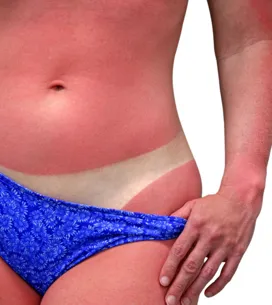How it works
DHEA (dehydroepiandrosterone) is a steroid hormone that is mainly involved in the production of sex hormones. It appears that people with high levels of it have more vitality, better bone density and sharper minds. It is believed that there is a correlation between ageing and DHEA levels, because DHEA levels in the body start to drop from the age of 30 onwards.
The effectiveness of DHEA is under debate. Different studies have shown it has positive effects on memory, bone density, muscle mass, depression and skin in rats, but only in females over 70 for humans. It has been suggested that DHEA is also effective in relieving menopausal symptoms. There is no proof that DHEA is effective against age-related illnesses.
How to take it
There is no recommended dose or age at which to take DHEA while the hormone still has not been proven to fight ageing. DHEA comes in the form of gels or tablets in 10, 25 and 50 mg. As a rule it should be taken in the morning with breakfast.
Availability
- DHEA is only available on prescription and not over the counter in the UK. It isn’t innocuous and should be prescribed by a doctor for hormone deficiency.
- It is possible, though ill-advised, to get hold of DHEA on the internet and you should be wary of doing this. As with any such product, the name of the main active ingredient, dose, date and batch number should be written on the bottle or packaging.
- DHEA is produced in a lab using a plant substance called diosgenin. Anything which claims to stimulate the production of DHEA ‘naturally’ is phoney: our bodies don’t have the enzymes required to do this.
- Creams containing DHEA have not been subjected to any study to prove what effect they have.
Risks
- If you have any history of breast cancer, cancer of the uterus or prostate, you should definitely not take DHEA.
- Taking DHEA can stimulate the growth of hormone-dependent cancers (cancers of the prostate, breast and uterus).
- There is a risk of heart disease linked to a drop in HDL cholesterol which should also be taken into account if you are condisdering DHEA (HDL is a good form of cholesterol that lowers the risk of heart attacks and strokes).
- The effects of DHEA have not been proven. Menopausal women should not replace hormone replacement therapy (HRT) with DHEA, and they cannot be combined because of the risk of oestrogen overdose.
What are the official guidelines?
Not crystal clear. The effects (including potentially harmful effects) of DHEA are not yet known, so a doctor has to take responsibility for prescribing it. DHEA is not a licensed medicine in the UK, yet it can be prescribed. If you are in any doubt, talk to your doctor who can advise.













